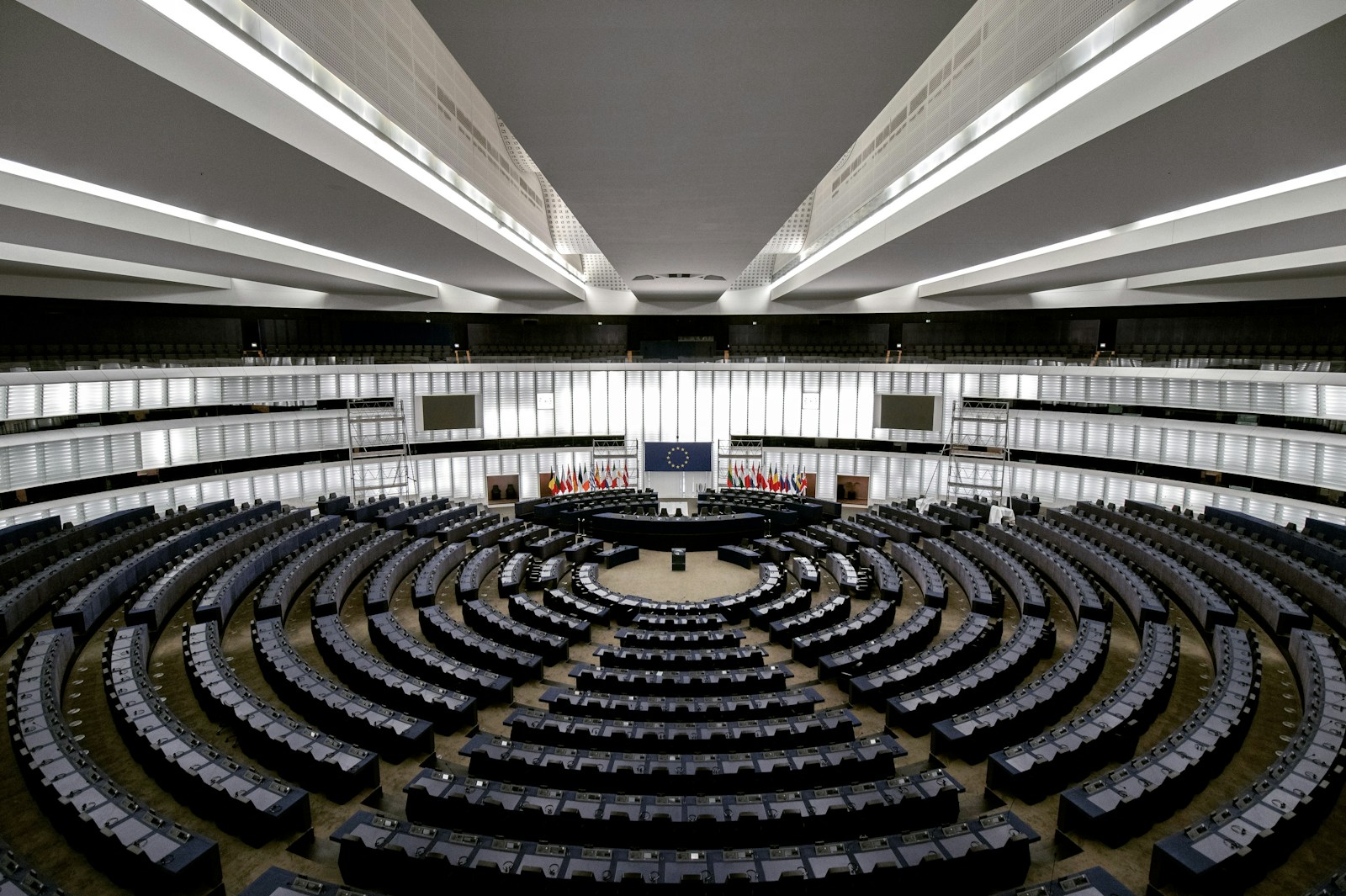Insider Brief
- Nearly 200 countries were required to submit updated climate targets under the Paris Agreement, but only 10 met the February 10 deadline.
- Major economies, including China, India, and the European Union, failed to submit plans on time, with the U.S., Britain, and Brazil being the only G20 members to comply.
- UN climate chief Simon Stiell emphasized the importance of these pledges, warning that delays could hinder efforts to cut global emissions nearly in half by 2030.
Nearly every country missed a United Nations deadline Monday to submit updated climate targets, raising concerns about global commitment to cutting carbon emissions, according to Agence France-Presse (AFP).
Of nearly 200 countries required under the Paris Agreement to deliver fresh climate plans by February 10, just 10 met the deadline, according to a UN database tracking submissions. The latest pledges were supposed to include steeper emissions reduction goals for 2035 and detailed blueprints for achieving them.
Global emissions continue to rise, even as scientists warn they must nearly halve by 2030 to keep warming within limits set under the 2015 climate accord. UN climate chief Simon Stiell called this round of national pledges “the most important policy documents of this century.” Yet most major economies failed to submit their targets on time, AFP reported.

China, India, and the European Union were among those missing from the list, despite being among the world’s biggest polluters. Most G20 economies did not deliver their plans, with the United States, Britain, and Brazil—this year’s host of the UN climate summit—being the only exceptions.
The U.S. submission is largely symbolic, according to the news sertvice. It was made before former President Donald Trump withdrew Washington from the Paris Agreement, a decision later reversed by the Biden administration.
There is no penalty for submitting late targets, known as nationally determined contributions (NDCs). These pledges are not legally binding but serve as a way to hold governments accountable. Stiell said last week that countries need to submit their plans by September to allow time for review before the UN’s COP30 climate conference in November.
A European Union spokeswoman said the 27-member bloc intended to submit its revised targets “well ahead” of the summit in Belem. China, the world’s largest carbon emitter and top investor in renewable energy, is also expected to unveil its updated plan in the second half of the year, according to AFP.
Only a small group of nations, including the United Arab Emirates, Ecuador, Saint Lucia, New Zealand, Andorra, Switzerland and Uruguay, met the deadline. The sluggish response raises fears of a possible weakening of climate commitments as leaders navigate competing challenges, from economic pressures to geopolitical conflicts, AFP reported.
Ebony Holland, a climate expert from the London-based International Institute for Environment and Development, said the U.S. retreat from the agreement was “clearly a setback,” but also pointed to broader factors affecting global cooperation. “It’s clear there are some broad geopolitical shifts underway that are proving to be a challenge when it comes to international cooperation, especially on big issues like climate change,” she said, as reported by AFP.
The failure of major economies to meet the deadline will add pressure ahead of COP30, where nations will be expected to align their policies with the latest climate science.








